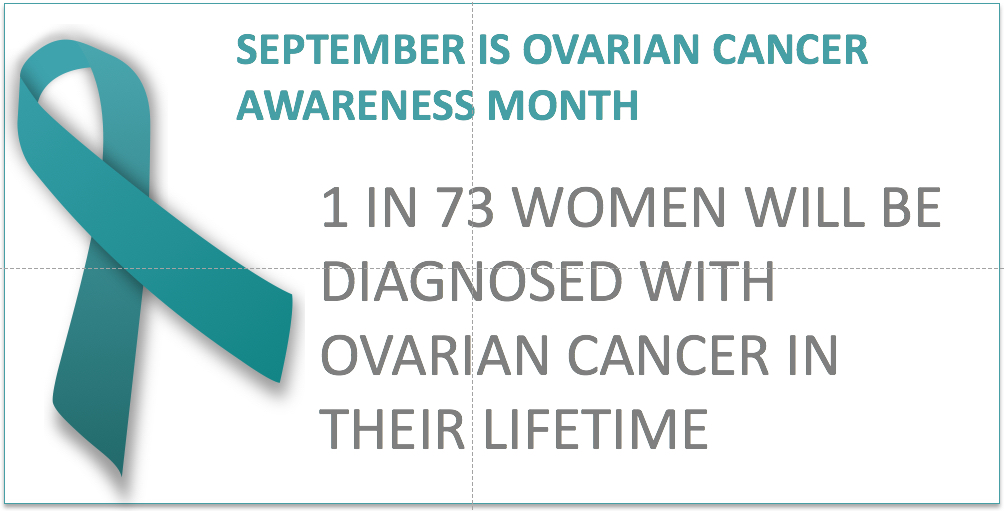Dr. Magtibay, a gynecologic cancer specialist, provides important information that all women should know about ovarian cancer. Dr. Paul Magtibay is a gynecologic oncologist and performs surgical operations at Mayo Clinic in Arizona.
Dr. Magtibay:
Ovarian cancer are tumors that arise in that of the female reproductive tracts, specifically in the ovaries. And there are basically three different types of ovarian cancer – there’s the most common, which is the epithelial ovarian carcinomas or cancers, which are the tumors that most people think of when we think of ovarian cancers.
Then there are germ cell tumors of the ovary. These tend to occur in younger women, women of reproductive age. And then there are even more rare tumors called stromal tumors of the ovary.
One of the big misconceptions about ovarian cancer is that it’s a silent disease, and we have been trying to educate the public population and physicians, as well, that truly these patients do have symptoms that warrant an evaluation.
The most common symptoms associated with ovarian cancer are abdominal pain, abdominal bloating, or the feeling of early satiety, meaning that the patient can eat a very little amount of food but then feel full very quickly.
Then the final symptom is often times urinary symptoms such as urinary frequency or urgency. And studies have recently shown that the vast majority of patients do have symptoms, and even patients with early stage ovarian cancer, these patients will frequently have symptoms that shouldn’t be ignored.
And, in fact we encourage women to seek medical care and have an evaluation if they’ve had these symptoms for two to three weeks on a fairly regular or consistent basis.
I think we use a two to three week guideline mainly because these symptoms are very vague and common and are associated with many other disorders, especially the GI tracts, such as irritable bowel syndrome or diverticulitis.
But the key in management of ovarian cancer and if we really want to make a difference in patient survival is to detect that cancer early and institute treatment early.
So we say two to three weeks just so that patients don’t ignore this for months and months or doctors ignore these symptoms and attribute them to something else for months and months delaying the workup and the evaluation where really fairly simple test can check to see if there’s a mass in the ovary and potentially ovarian cancer.




























